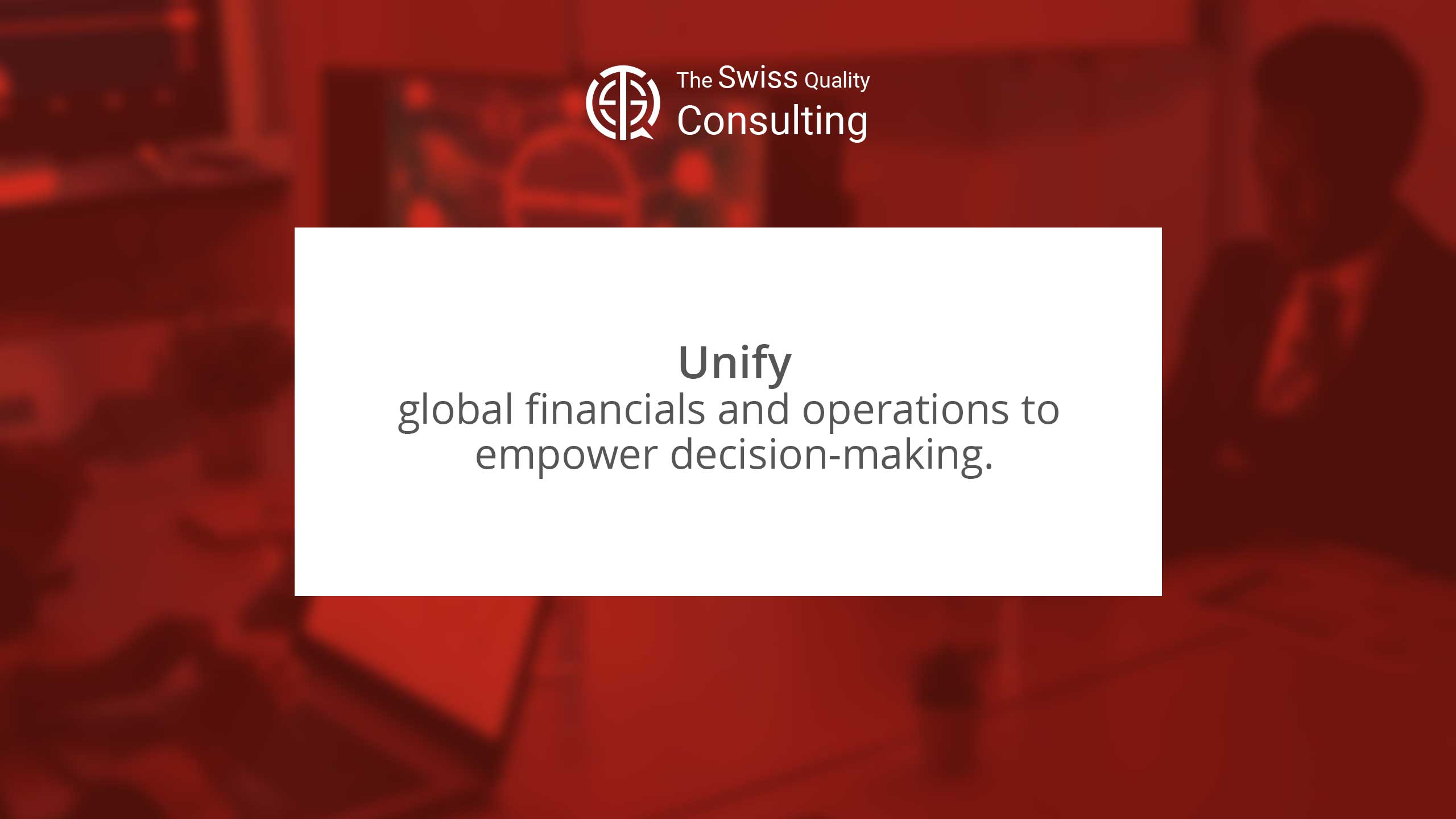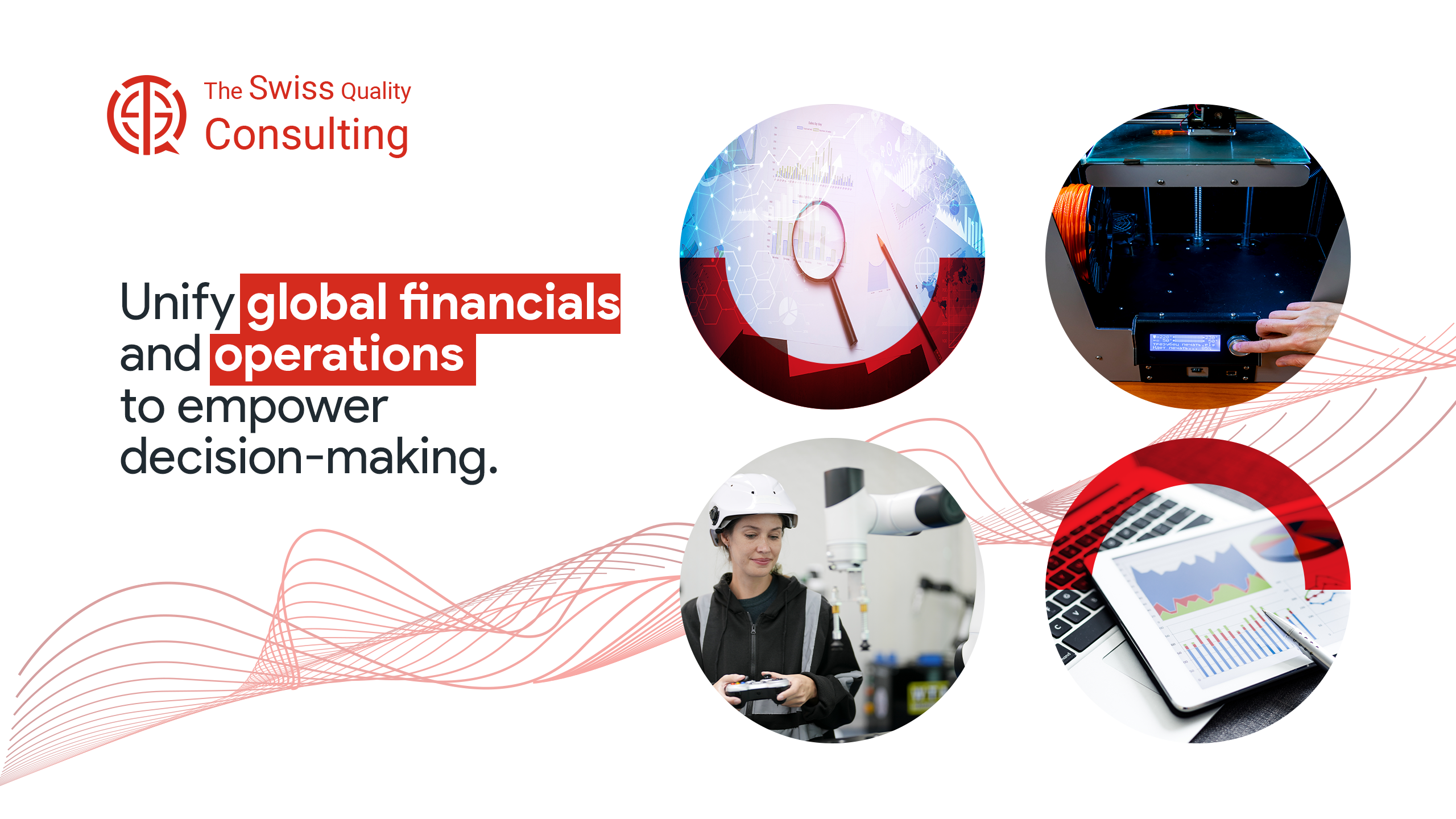Enhancing Business Processes with ERP: A Pathway to Transparency and Accountability
The Role of ERP in Promoting Transparency in Swiss Companies
ERP for transparency and accountability in Swiss companies has become increasingly essential as businesses strive to meet higher standards of governance and operational excellence. Enterprise Resource Planning (ERP) systems serve as integrated platforms that unify various business processes, enabling Swiss companies to achieve a holistic view of their operations. This unification allows for greater transparency across departments, making it easier to track and report on activities. With ERP systems, Swiss companies can monitor their financials, supply chain, and customer interactions in real time, providing a clear picture of performance and compliance with internal and external standards.
One of the key ways ERP systems enhance transparency is through data centralization. By consolidating information from disparate sources into a single platform, ERP systems reduce data silos and provide a unified source of truth. This centralization not only improves accuracy but also ensures that all stakeholders have access to consistent and reliable data. In the context of Swiss companies, where precision and trust are paramount, the ability to rely on accurate data is crucial for making informed decisions and maintaining transparency in business operations.
Additionally, ERP systems offer advanced reporting and analytics tools that allow Swiss companies to generate detailed reports on various aspects of their business. These reports can be tailored to meet the specific needs of different stakeholders, from top management to regulatory bodies. By providing insights into key performance indicators (KPIs) and other metrics, ERP systems help Swiss businesses demonstrate their commitment to transparency. This level of visibility is particularly valuable in industries that are subject to strict regulatory requirements, such as finance and pharmaceuticals, where Swiss companies are known for their high standards.
ERP and Accountability: Building Trust Through Enhanced Business Processes
Accountability is a critical component of business success, and ERP systems play a vital role in fostering accountability within Swiss companies. By providing a comprehensive view of business processes, ERP systems make it easier for companies to set clear responsibilities and track performance against defined goals. This level of oversight is essential for building trust among stakeholders, including employees, customers, and investors. In Swiss companies, where maintaining a strong reputation is key, ERP systems help ensure that accountability is embedded in every aspect of the business.
ERP systems enhance accountability by automating workflows and standardizing processes across the organization. This automation reduces the risk of human error and ensures that tasks are completed in accordance with established protocols. For example, ERP systems can automate the approval process for financial transactions, ensuring that all expenditures are properly authorized and recorded. This level of control is essential for maintaining accountability in financial management, particularly in Swiss companies where financial integrity is a top priority.
Furthermore, ERP systems enable Swiss companies to track and audit business activities with precision. Audit trails created by ERP systems provide a detailed record of all transactions and changes made within the system, making it easy to identify and address discrepancies. This capability is invaluable for Swiss companies, which often operate in highly regulated environments. By leveraging ERP systems to monitor and audit their processes, Swiss companies can demonstrate their commitment to accountability and build confidence among stakeholders.
Maximizing the Benefits of ERP for Swiss Companies
Implementing ERP for Greater Transparency and Accountability
To fully leverage the benefits of ERP for transparency and accountability in Swiss companies, it is important to approach implementation strategically. The first step is to conduct a thorough assessment of the company’s existing processes and identify areas where transparency and accountability can be improved. This assessment helps in selecting the right ERP system that aligns with the company’s specific needs and objectives. For Swiss companies, the focus should be on choosing ERP solutions that offer robust data management, compliance tracking, and reporting capabilities.
During the implementation phase, it is crucial to involve key stakeholders from across the organization. This involvement ensures that the ERP system is configured to meet the needs of all departments and that employees are adequately trained to use the system effectively. Swiss companies should also prioritize change management, as transitioning to an ERP system often requires significant adjustments to established workflows. By investing in comprehensive training and support, Swiss companies can facilitate a smooth transition and maximize the benefits of ERP for transparency and accountability.
Moreover, ongoing evaluation and optimization are key to ensuring that ERP systems continue to meet the evolving needs of Swiss companies. Regularly reviewing system performance and making adjustments as needed helps to maintain the integrity and effectiveness of the ERP system. For Swiss companies, this proactive approach to ERP management ensures that the system remains a valuable tool for promoting transparency and accountability, even as business requirements change.
ERP as a Tool for Enhancing Compliance in Swiss Companies
Compliance is a major concern for Swiss companies, especially those operating in regulated industries. ERP systems play a crucial role in helping companies adhere to regulatory requirements by providing tools for tracking compliance-related activities. For example, ERP systems can be configured to automatically monitor compliance with industry standards, such as ISO certifications, and generate alerts when potential issues are detected. This proactive approach to compliance management not only reduces the risk of non-compliance but also demonstrates the company’s commitment to upholding the highest standards.
In addition to monitoring compliance, ERP systems facilitate reporting to regulatory authorities. Swiss companies can use ERP-generated reports to provide accurate and timely information to regulators, ensuring that all requirements are met. This capability is particularly valuable in industries like finance, healthcare, and manufacturing, where regulatory scrutiny is high. By using ERP systems to streamline compliance processes, Swiss companies can reduce the administrative burden associated with regulatory reporting and focus on their core business activities.
Finally, ERP systems support continuous improvement in compliance by providing insights into areas where processes can be enhanced. By analyzing compliance data, Swiss companies can identify trends and patterns that may indicate underlying issues. This data-driven approach allows companies to take corrective actions before minor issues escalate into major compliance breaches. For Swiss companies, maintaining a proactive stance on compliance not only protects against regulatory penalties but also reinforces their reputation for excellence and integrity.
Conclusion: The Future of ERP in Swiss Business Processes
ERP for transparency and accountability in Swiss companies is not just a trend but a strategic imperative in today’s business environment. By integrating ERP systems, Swiss companies can enhance their operational transparency, build greater accountability, and ensure compliance with industry standards. The ability to provide a unified view of business processes and generate detailed reports makes ERP an invaluable tool for Swiss companies seeking to improve their governance and operational efficiency.
As the business landscape continues to evolve, the role of ERP in promoting transparency and accountability will only become more critical. Swiss companies that embrace ERP systems will be better positioned to navigate the complexities of modern business, drive continuous improvement, and maintain their competitive edge. By leveraging ERP for transparency and accountability, Swiss companies can build a foundation of trust and reliability that supports long-term success in their respective industries.
—
#ERPSystems #SwissBusiness #Transparency #Accountability #BusinessProcesses #DigitalTransformation #SwissCompanies #ERPBenefits










